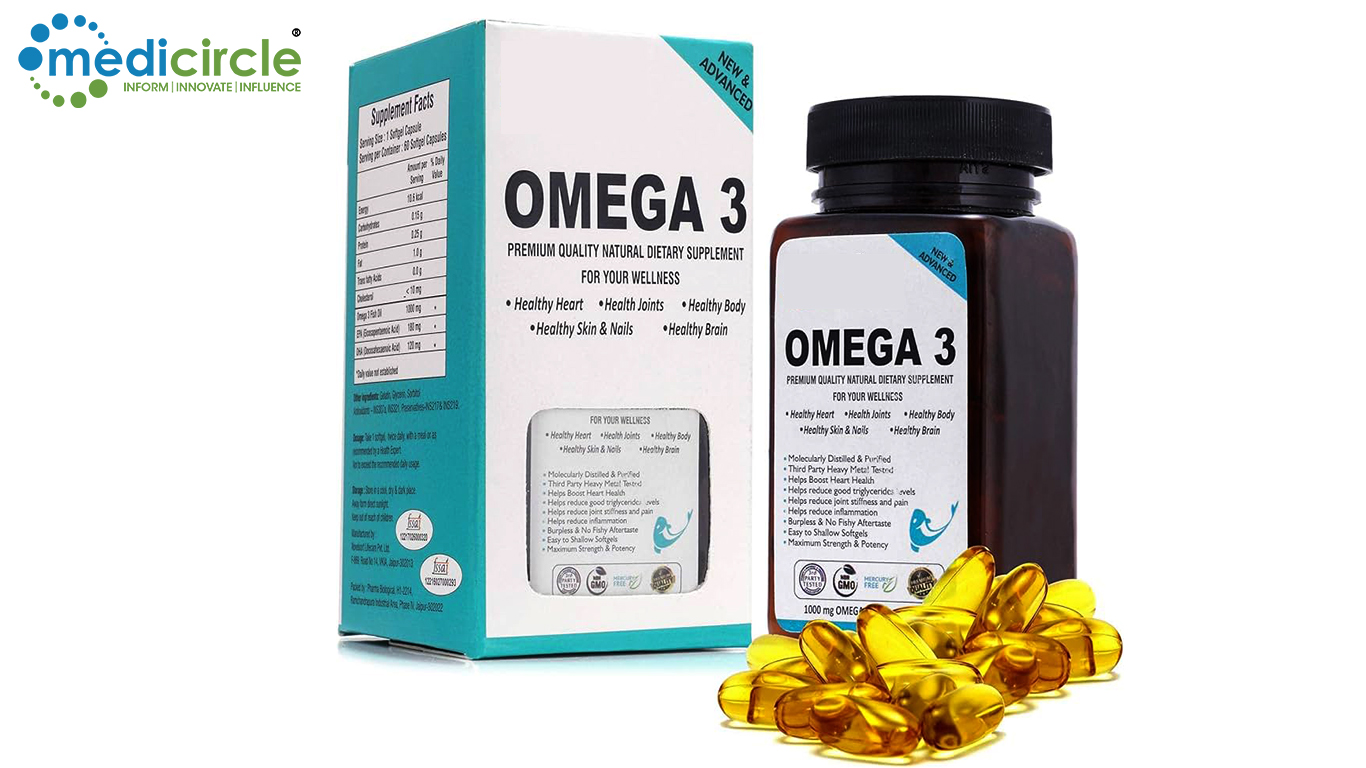Fish oil supplements have long been celebrated for their heart health benefits, primarily due to their rich content of omega-3 fatty acids. However, a recent study published in BMJ Medicine has cast doubt on the widespread belief that these supplements are universally beneficial for cardiovascular health. Let's dive into the benefits of omega-3 fatty acids, the science behind fish oil, and the latest findings on their impact on heart health.
The Science of Omega-3 Fatty Acids: Omega-3 fatty acids are essential fats that our bodies cannot produce on their own. They are crucial for various bodily functions, including brain health and reducing inflammation. The two main types of omega-3s found in fish oil are eicosapentaenoic acid (EPA) and docosahexaenoic acid (DHA). These fatty acids are primarily derived from the tissues of fatty fish such as salmon, mackerel, and sardines.
Historical Perspective on Fish Oil and Heart Health: Historically, fish oil supplements have been associated with numerous health benefits, particularly for the heart. Studies have suggested that omega-3 fatty acids can lower blood pressure, reduce triglyceride levels, and decrease the risk of heart attack and stroke. These findings have led to the widespread use of fish oil supplements among individuals looking to improve their cardiovascular health.
The UK Biobank Study: A significant study conducted by the UK Biobank, which included 415,737 participants aged 40-69 years, has provided new insights into the effects of fish oil supplements on heart health.
Key Findings of the Study
1. Increased Risk of Atrial Fibrillation and Stroke:
- For individuals without existing cardiovascular disease, regular use of fish oil supplements was associated with a 13% higher risk of developing atrial fibrillation, a condition characterized by an irregular heart rhythm.
- Additionally, there was a 5% increased risk of stroke among this group.
2. Benefits for Those with Existing Heart Conditions:
- Conversely, for individuals with diagnosed heart conditions, fish oil supplements showed several benefits, including managing disease progression and improving heart health outcomes.
Understanding the Dual Nature of Fish Oil Supplements: The findings from the UK Biobank study suggest that fish oil supplements can be a double-edged sword. While they may offer significant benefits for individuals with existing heart disease, they could potentially increase the risk of certain heart conditions, such as atrial fibrillation and stroke, in otherwise healthy individuals.
Recommendations Based on the Study: Given the mixed findings, it's essential to approach the use of fish oil supplements with caution. Here are some recommendations based on the study's results:
1. Consult with a Doctor: Before starting high-dose fish oil supplements, it is crucial to consult a healthcare provider. They can help weigh the potential benefits against the risks, especially for those with no history of heart disease.
2. Adopt a Healthy Lifestyle: Relying solely on supplements is not a substitute for a healthy lifestyle. Regular exercise (at least 150 minutes per week), a balanced diet low in saturated fats, sugars, and processed foods, and maintaining a healthy weight are more effective in reducing the risk of heart disease.
3. Prioritize Proven Treatments: For individuals at higher risk of heart disease, proven treatments such as medications and dietary changes should take precedence over fish oil supplements. These interventions have established benefits and can effectively manage heart health.
4. Moderation is Key: If fish oil supplements are used, they should be taken in moderation and under medical supervision to avoid potential adverse effects.
The Role of Omega-3 Fatty Acids in a Balanced Diet: While the study raises concerns about high-dose fish oil supplements, it does not negate the benefits of omega-3 fatty acids obtained through a balanced diet. Fatty fish are excellent sources of these essential fats and can be included in a heart-healthy diet. Additionally, plant-based sources of omega-3s, like flaxseeds, chia seeds, and walnuts, can also contribute to overall health.
The Importance of Continued Research: The UK Biobank study highlights the need for continued research into the effects of fish oil supplements on cardiovascular health. As science evolves, so does our understanding of how various interventions impact our health. Future studies will likely provide more detailed insights and help refine recommendations for the use of fish oil and other supplements.
The recent findings from the UK Biobank study challenge the long-held belief that fish oil supplements are universally beneficial for heart health. While they may offer advantages for individuals with existing cardiovascular conditions, they could pose risks for those without such conditions. It is crucial to consult healthcare providers before starting any supplement regimen and to focus on a holistic approach to health that includes a balanced diet and regular exercise. By doing so, individuals can better manage their heart health and overall well-being.

 While they may offer advantages for individuals with existing cardiovascular conditions, they could pose risks for those without such conditions.
While they may offer advantages for individuals with existing cardiovascular conditions, they could pose risks for those without such conditions.










.jpeg)











.jpg)








